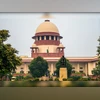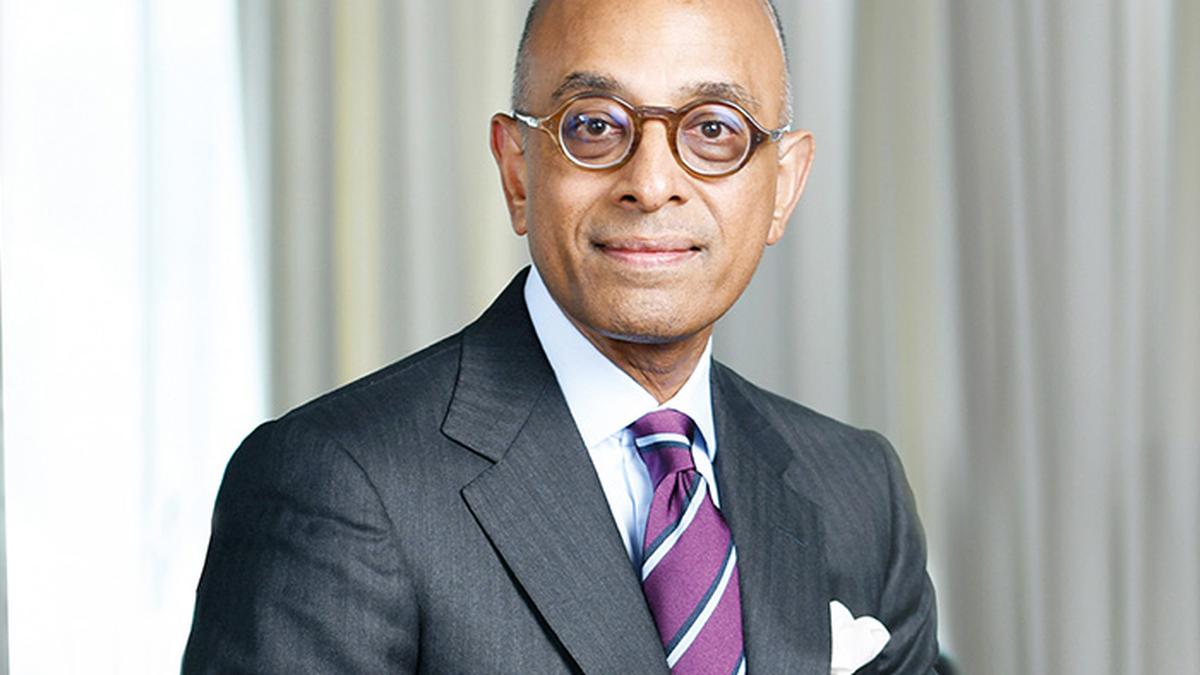)
Supreme Court (Photo: Wikipedia)
A nine-judge Bench of the Supreme Court on Wednesday (August 14) ruled that its July 25 decision, which allows State governments to impose taxes on mining and related activities, will be applied retrospectively, but only for transactions occurring after April 1, 2005, according to a report by Bar and Bench.
“States can levy and renew demand for taxes but the demand of tax shall not operate on transactions made before April 1, 2005,” the Court said.
The verdict was delivered by a Bench led by Chief Justice of India (CJI) DY Chandrachud, along with Justices Hrishikesh Roy, Abhay S Oka, BV Nagarathna, JB Pardiwala, Manoj Misra, Ujjal Bhuyan, Satish Chandra Sharma, and Augustine George Masih.
Additionally, the Court specified that payment for tax demands should be staggered in instalments over 12 years, beginning from April 1, 2026.
The Court also ordered that any interest or penalties imposed before July 25, 2024, should be waived. Justice Nagarathna did not sign the judgement as she had dissented in the original July 25 ruling.
The Supreme Court’s July 25 decision
On July 25, the nine-judge Bench determined that royalty payments made by mining operators to the Central government do not constitute a tax, thereby affirming the States’ authority to impose cesses on mining and mineral-use activities.
The matter was subsequently revisited to determine whether the judgement should be applied prospectively or retrospectively.
The case centred on whether State governments retain the power to tax and regulate activities related to mining and minerals, in light of the enactment of the Mines and Minerals (Development & Regulation) Act (Mines Act).
The nine-judge constitution Bench, headed by Chief Justice DY Chandrachud, was informed by the Centre that it opposed the States’ demand for a refund of royalties on mines and minerals collected since 1989, arguing that this would impact citizens and force public sector undertakings (PSUs) to bear a financial burden of approximately Rs 70,000 crore, according to initial estimates.
Potential financial impact of verdict
On July 31, the Bench, also comprising Justices Hrishikesh Roy, Abhay S Oka, BV Nagarathna, JB Pardiwala, Manoj Misra, Ujjal Bhuyan, Satish Chandra Sharma, and Augustine George Masih, reserved its verdict on the matter.
Solicitor General Tushar Mehta, representing the Centre, warned that making the July 25 verdict retrospective would have far-reaching consequences, as companies would likely pass on the financial burden to citizens.
He noted that the 1989 ruling had remained in effect for 35 years, and the financial impact of the July 25 judgement would vary across States, depending on the extent of mining operations.
The CJI acknowledged the States’ need for revenue, stating, “Prima facie, there is no question of prospective overruling. We must consider that in some States, their laws imposing taxes were struck down following the 1989 verdict. We need to explore what conditions could be applied if we make the ruling retrospective. This is, of course, subject to further discussion among the Bench members.”
Both the Centre and various States argued that the judgement should be applied strictly prospectively to prevent commercial losses for public sector companies.
First Published: Aug 14 2024 | 11:46 AM IST



)
)




